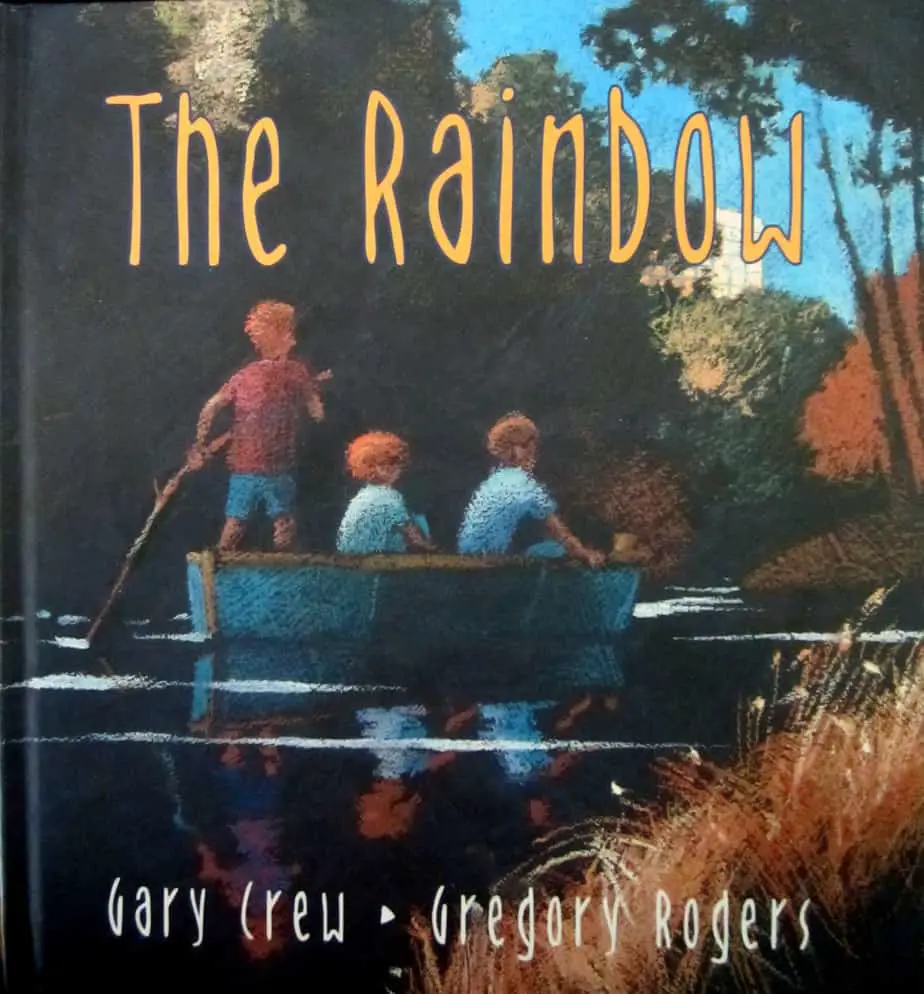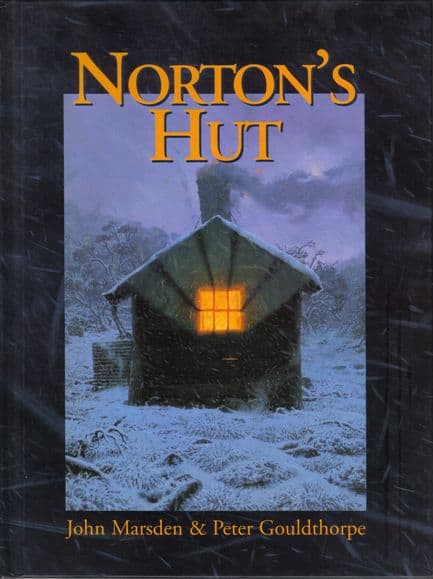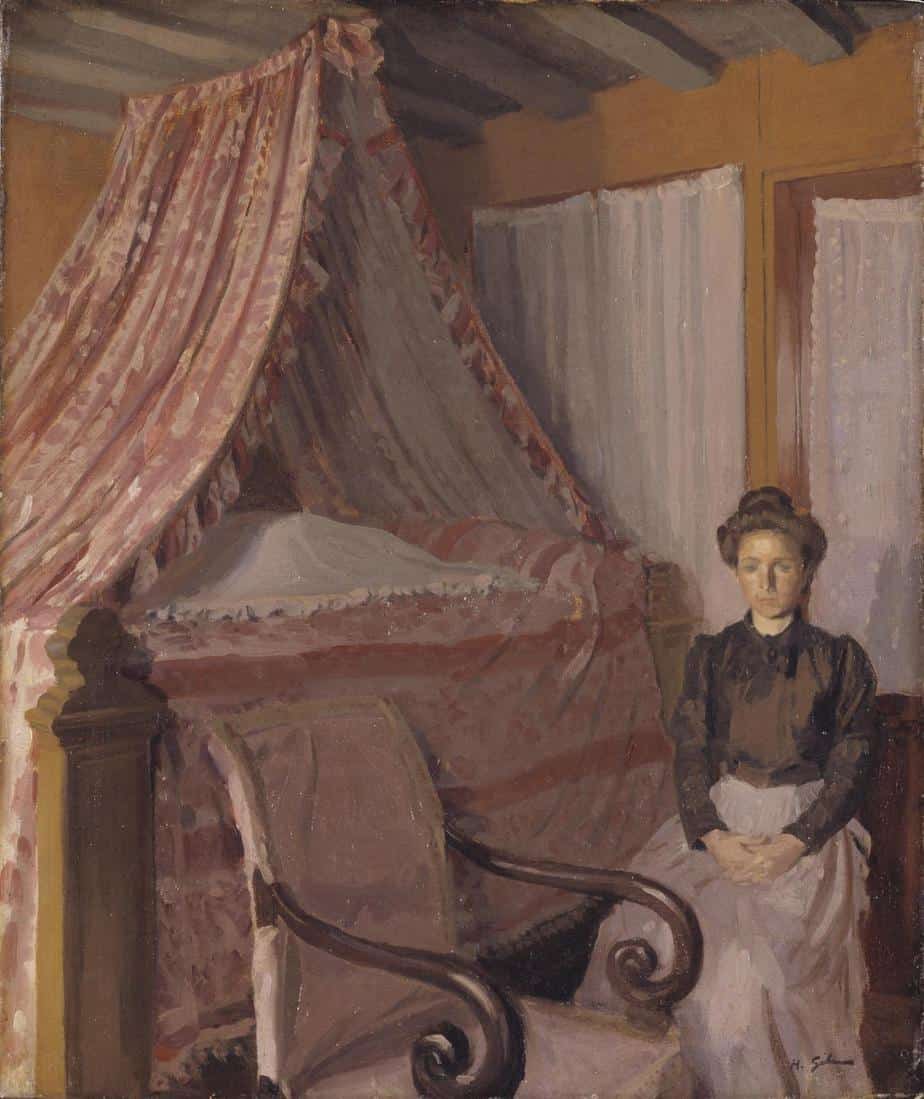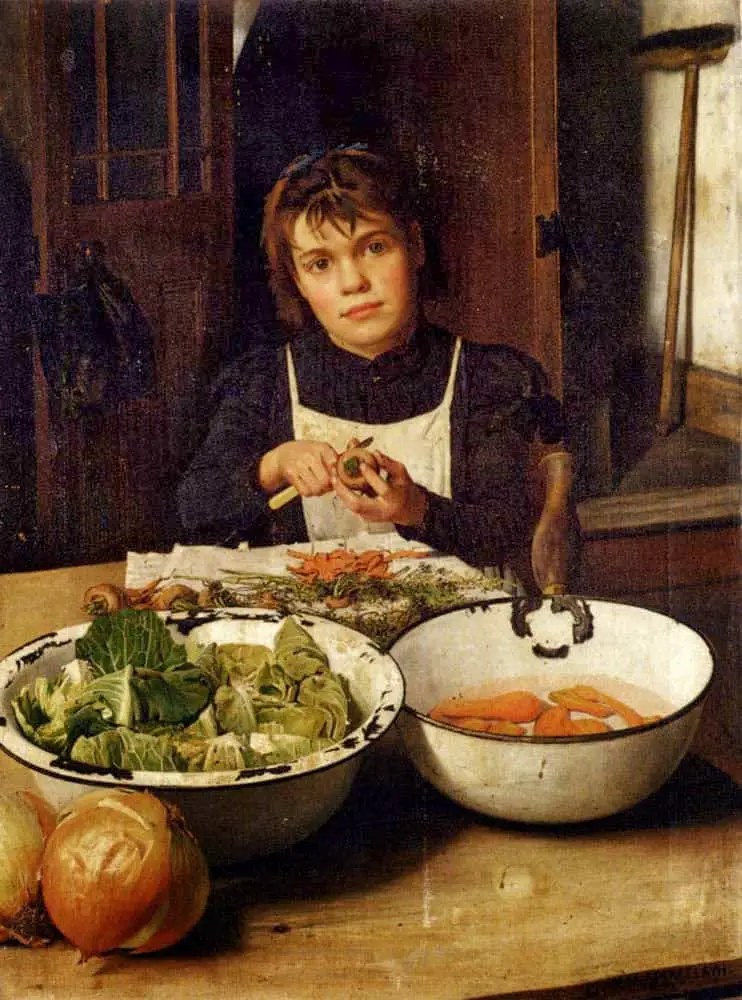-
The Study Of Film Equals The Study Of Picturebooks
In juxtaposing a series of pictures in order to imply the sequence of a story, picture-book artists act much as filmmakers do. Andre Bazin [film critic] suggests that montage, assumed by many to be the essence of film art, is “the creation of a sense of meaning not proper to the images themselves but derived exclusively […]
-
Picturebook Study: Why the Black and White?
1. THE AIR OF UNCOMPROMISING DETACHMENT While some picturebooks are in black and white for economic reasons, serious picture-book artists who choose to aavoid color in a medium noted for its use of color often have similar special points to make. The obvious example is the work of Chris Van Allsburg. The black-and-white pictures in […]
-
The Rainbow by Gary Crew and Gregory Rogers Analysis

Published in 2001 by Lothian Books (an imprint of Hachette Children’s Books specialising in Australian tales), The Rainbow is an adventure story about three boys who find something gruesome in the wild. I was reminded a little of Stand By Me. This story is written from first person point of view, and the reader is therefore […]
-
Norton’s Hut by John Marsden Picture Book Analysis

Norton’s Hut is an out-of-print Australian picture book, the second picture book written by John Marsden, and illustrated by Peter Gouldthorpe. The following notes are from Genres In Children’s Literature: Lecture 04: Author and Illustrator Devices presented by David Beagley, La Trobe University, podcast available on iTunes U. PARATEXT When a young group of hikers […]
-
Picturebooks For Older Readers
Children’s literature continues to evolve as society evolves alongside our concept of ‘child’. A Brief History Of Teenagers The teenager is an idea from the 1950s. Before that you were a child, and then you were an adult. The transition was recognised earlier than the 1950s, but before the 1950s teenagers were not treated as […]
-
Who does the nurturing work in children’s books?

“Mothers in the books were more likely than fathers to perform almost every nurturing behaviour, including verbal and physical expressions of love, encouraging, praising and listening,” the researchers write. Similarly, mothers outperformed fathers on every care-giving behaviour. Gender stereotypes plague children’s picture books, from Salon Mothers often appear at the beginnings of hero tales. They […]
-
Skeuomorphism In Picture Books
Skeuomorphism is a word from the world of graphical user interface design. It describes interface objects which mimic real-world counterparts in how they appear and/or how the user can interact with them. I’m starting to hear it outside tech blogs: Has Morality Become A Skeuomorph? from The Society Pages. Skeuomorphism is also useful when talking about picture […]
-
What makes a picturebook re-readable?
“We’re not trying to make stories that are going to be read, we’re trying to make stories that are going to be read a milliondy billiondy times.” Mo Willems While children’s books need to be re-readable, books aimed at an adult audience do not: As anyone who has ever read books to a child knows, young […]
-
Stock Yuck In Picturebooks

Children don’t tend to like green vegetables. Picture book creators know this, and often, greens are used as proxy for any yucky thing: Stock yuck.
-
Nudity In Picturebooks
This morning Cosmopolitan reports that UK authors are pushing for children’s literature to include sex in fiction for kids. That’s quite a headline grabber. Of course, reading the actual article offers a less sensationalist request: They’re not asking too much, are they? Bear in mind that in the publishing world, ‘children’s literature’ includes the young […]
-
Touch Interactivity And Animation In Storybook Apps
App developers would do well to remember that when it comes to providing a reading experience that is developmentally valuable for young children, it’s as much down to what the app doesn’t do, as what it does. a commenter on the Guardian article: Alarm Bells and Whistles Many of the first digital picturebook apps (‘storyapps’ […]